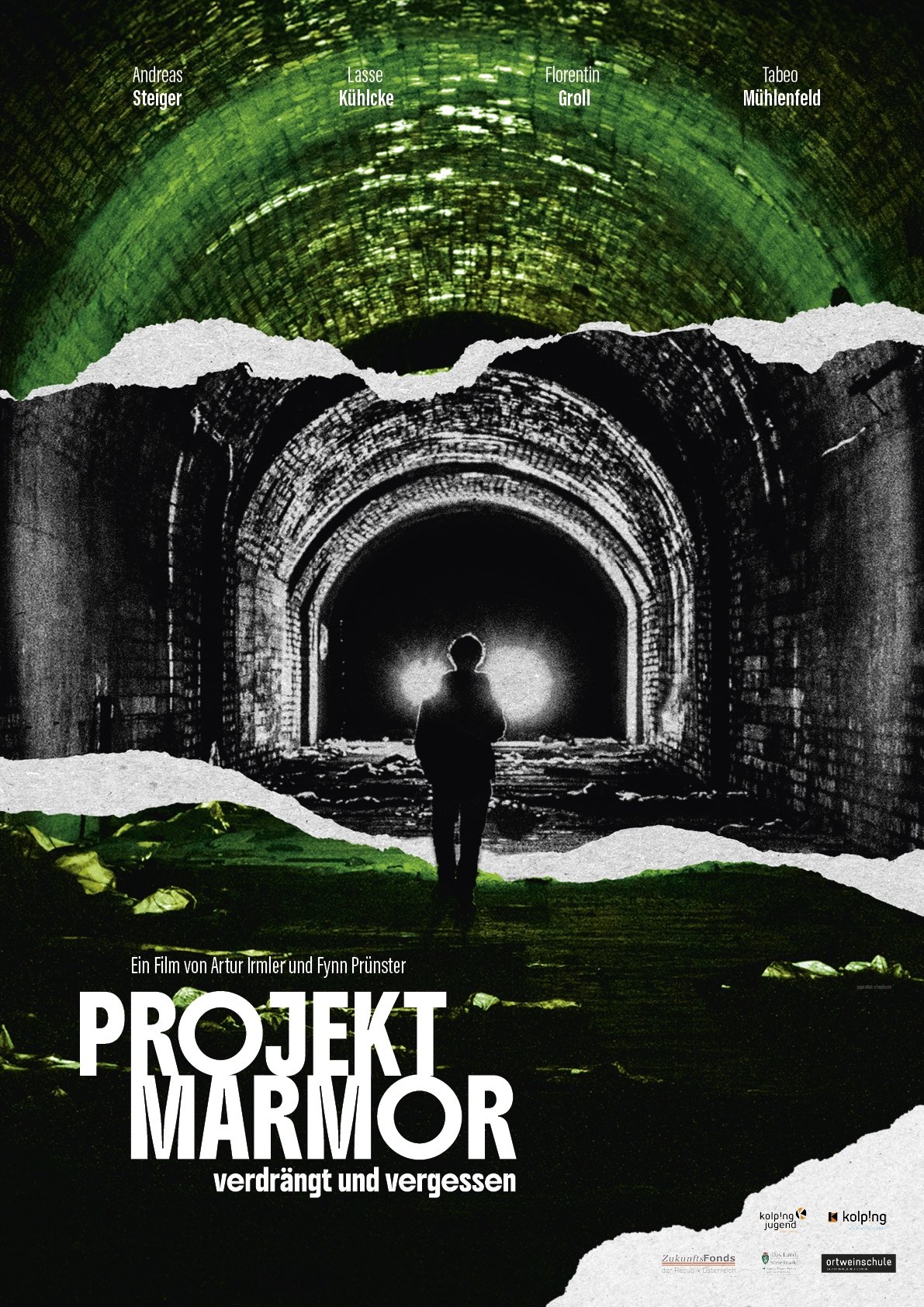Estos muros (2021)
• October 1st, 2021 • 1h 8min
Documentary, History
Overview
In the mountains of Madrid, Spain, a railway track on an abandoned bridge and a poem erased from the wall of a ruined building reveal a deliberately silenced story: the system established by Franco's dictatorship after the civil war (1936-39) that allowed hundreds of companies to use thousands of convicted Republicans as slave labor.
Make sure to check your pop-up blocker!!
Trailer
Similar Movies
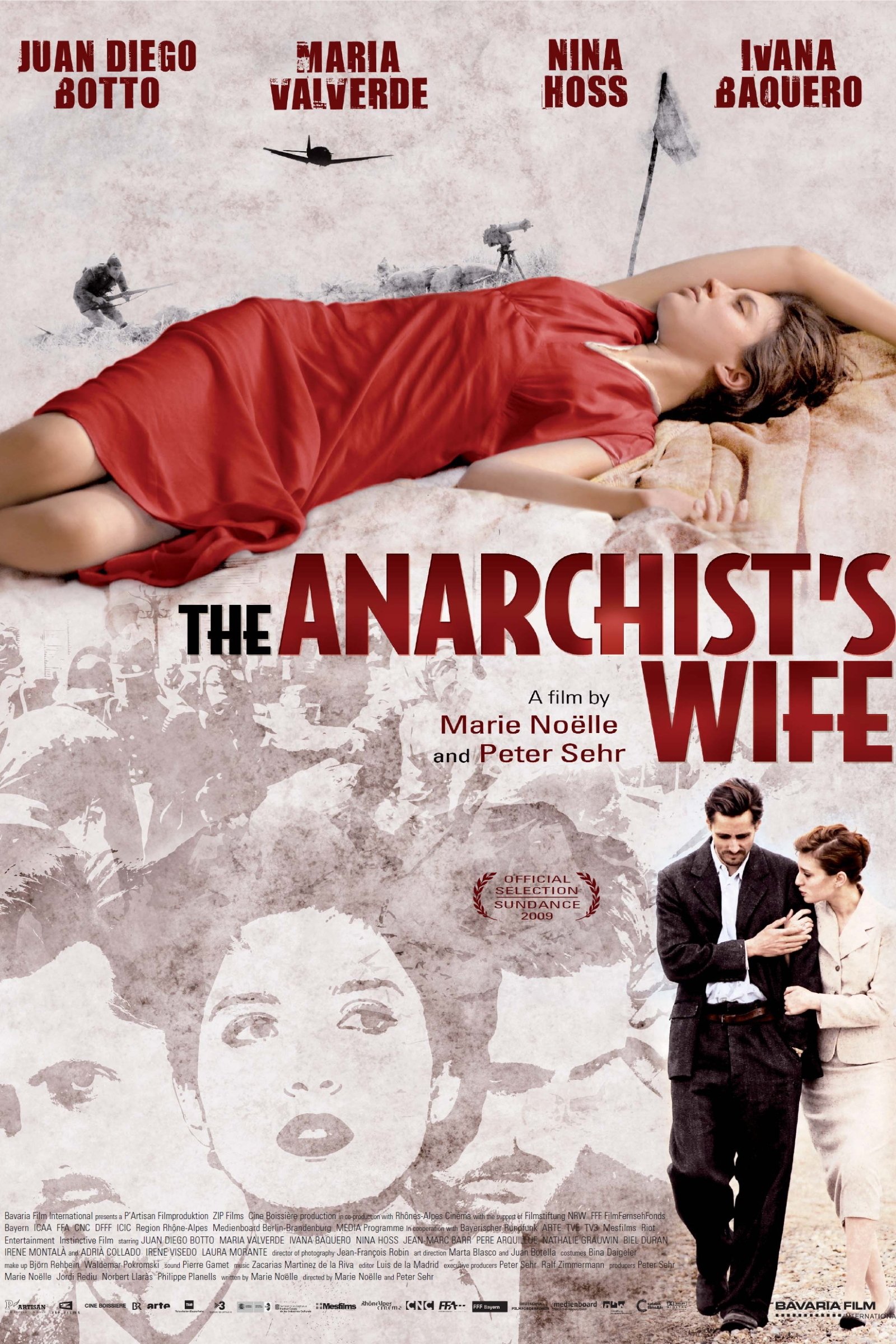
The Anarchist's Wife
Released on: 2008-06-26
Drama, History, Romance
Manuela is left behind when her husband Justo fights for his ideals against Franco's Nationalists du...
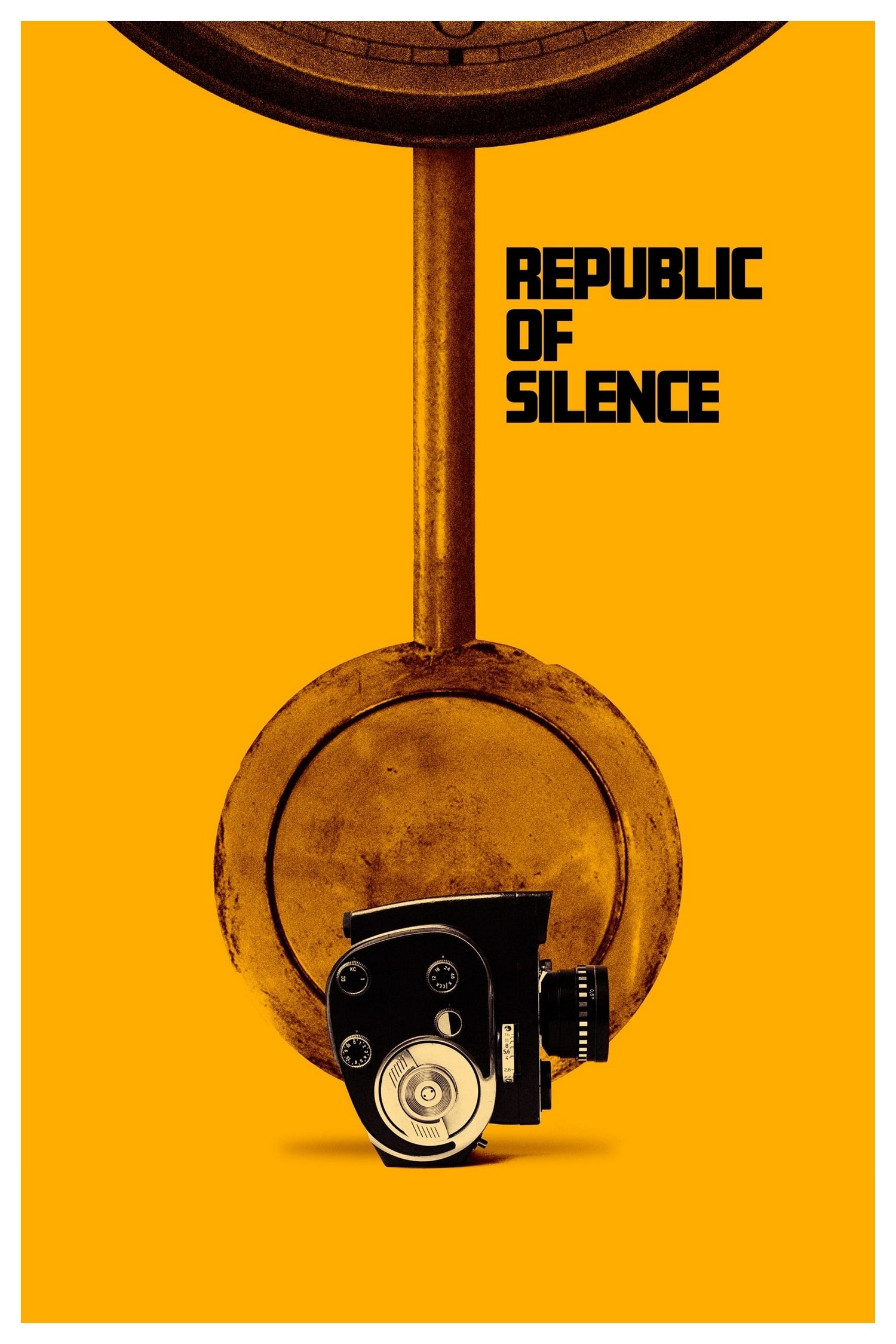
Republic of Silence
Released on: 2022-08-11
Documentary, History
They grew up in the land of dictators and surveillance, where images are censored, photos are burned...

Salvador (Puig Antich)
Released on: 2006-05-23
Drama, History
The story of Salvador Puig Antich, one of the last political prisoners to be executed under Franco's...
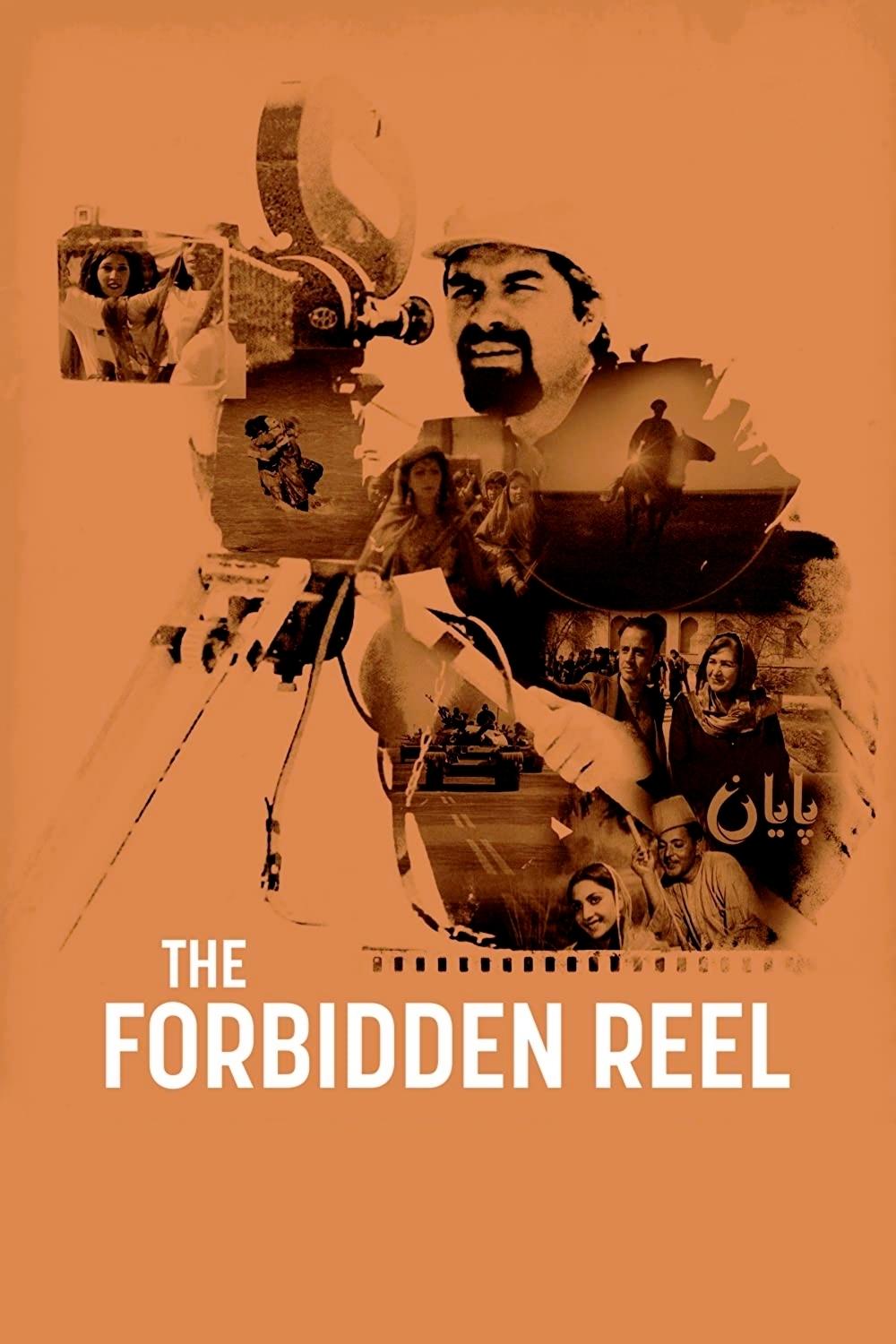
The Forbidden Reel
Released on: 2020-03-03
Documentary, History
According to the official history of Afghanistan, ruthless destruction has always prevailed over art...
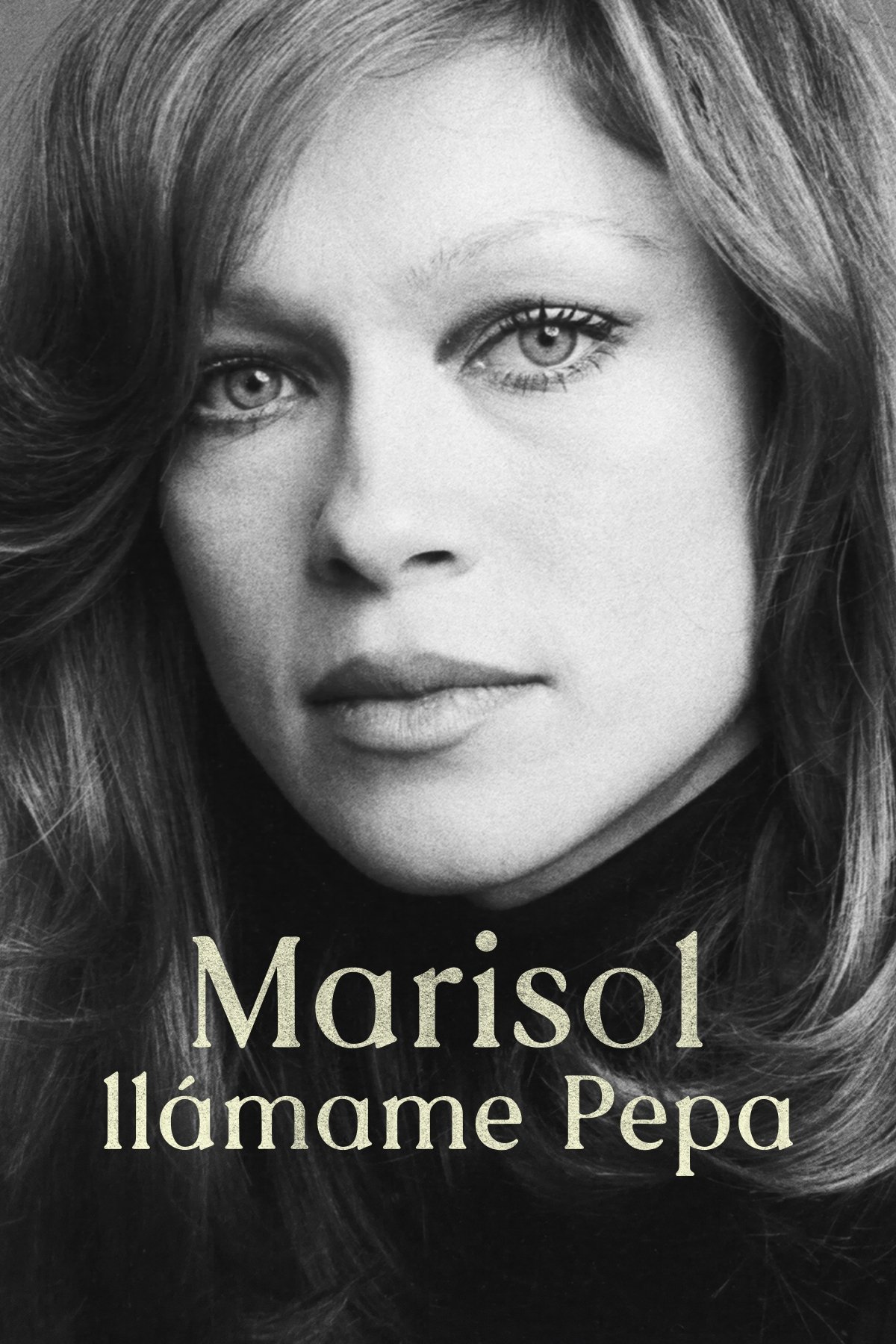
Marisol: llámame Pepa
Released on: 2024-05-10
Documentary, History
A portrait of the actress and singer Pepa Flores, an incarnation of the recent history of Spain, who...
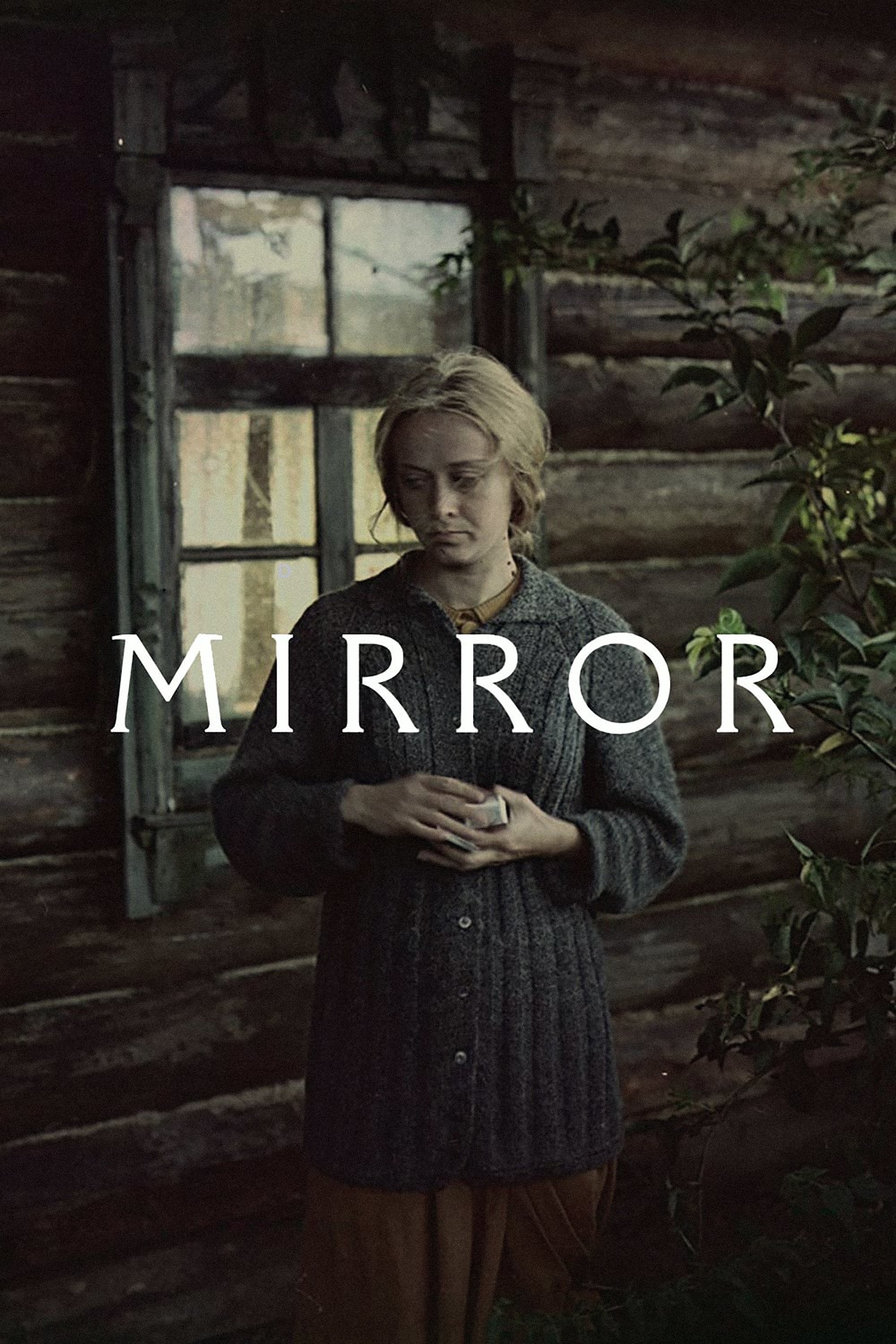
Mirror
Released on: 1975-03-07
Drama, History
A dying man in his forties recalls his childhood, his mother, the war and personal moments that tell...

The Basque Ball: Skin Against Stone
Released on: 2003-10-03
Documentary, History
An attempt to create a bridge between the different political positions that coexist, sometimes viol...
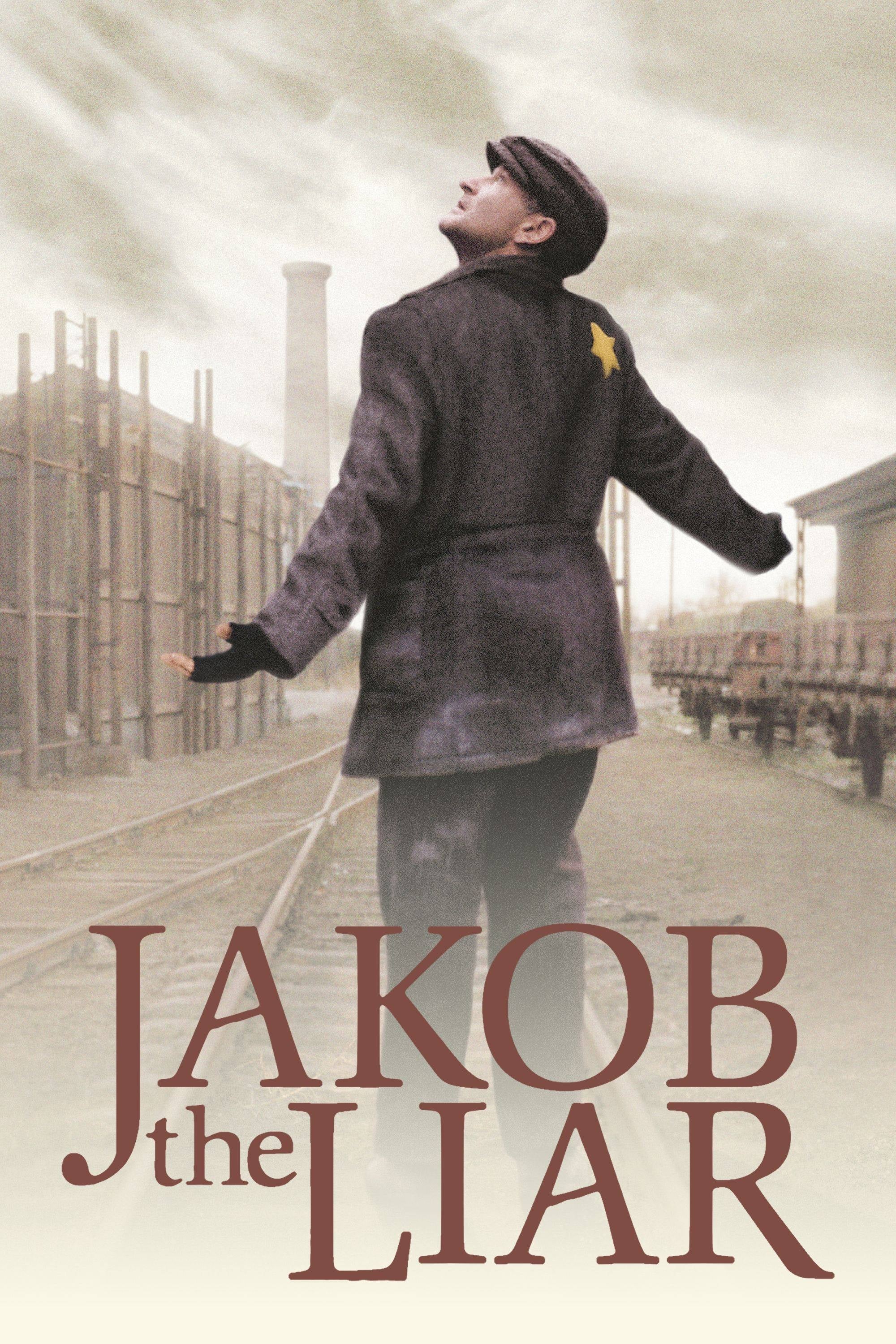
Jakob the Liar
Released on: 1999-09-16
Comedy, Drama, History
In 1944 Poland, a Jewish shop keeper named Jakob is summoned to ghetto headquarters after being caug...

The Most Dangerous Man in Europe: Otto Skorzeny's After War
Released on: 2020-01-29
Documentary, History
Waffen-SS officer Otto Skorzeny (1908-75) became famous for his participation in daring military act...

Susana y el sexo
Released on: 2021-10-06
Documentary, History, TV Movie
The story of iconic Spanish artist Susana Estrada's struggle against censorship and sexual repressio...
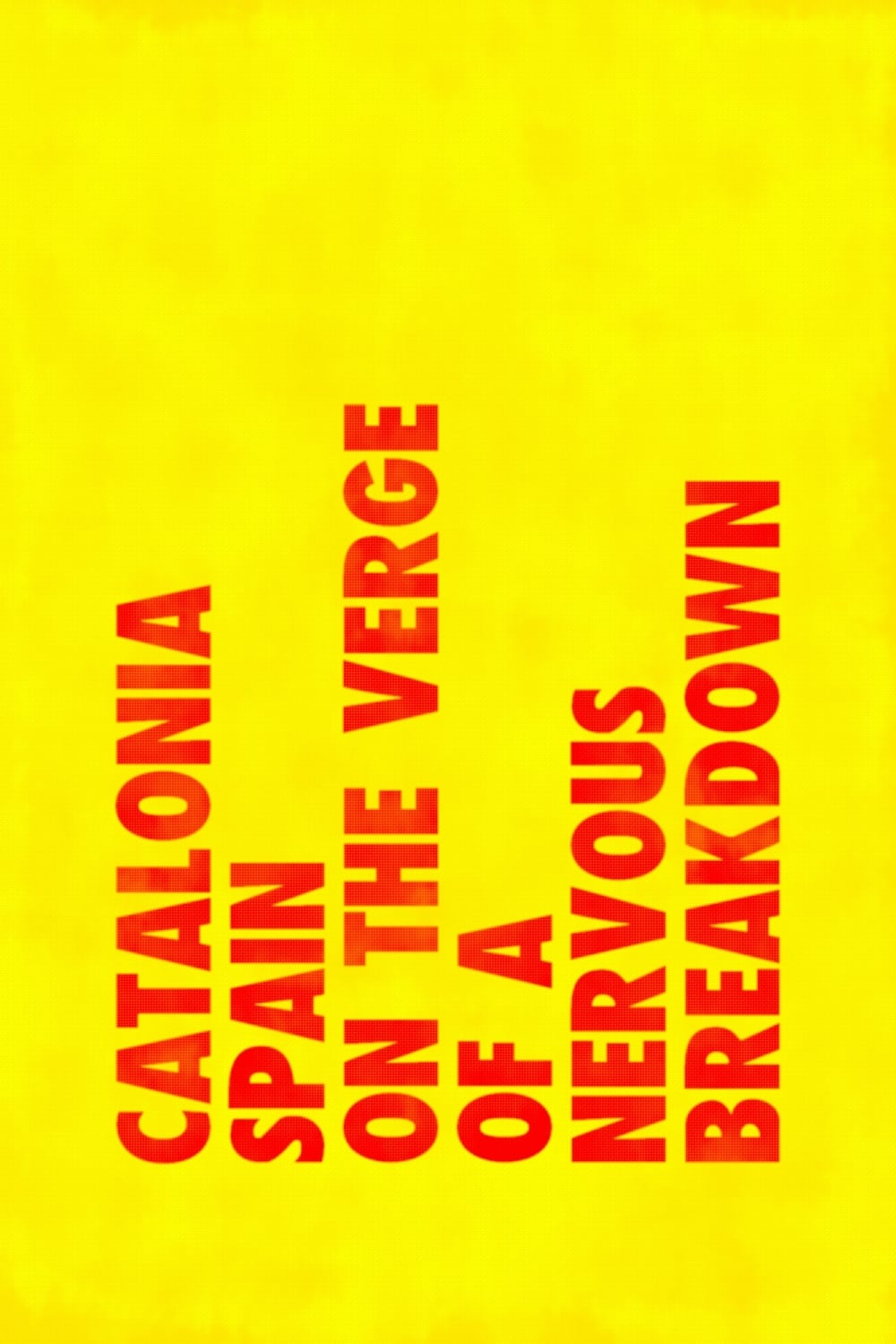
Catalonia: Spain on the Verge of a Nervous Breakdown
Released on: 2017-12-19
Documentary, TV Movie
A serious crisis has shaken Spain since the referendum on self-determination and the proclamation of...
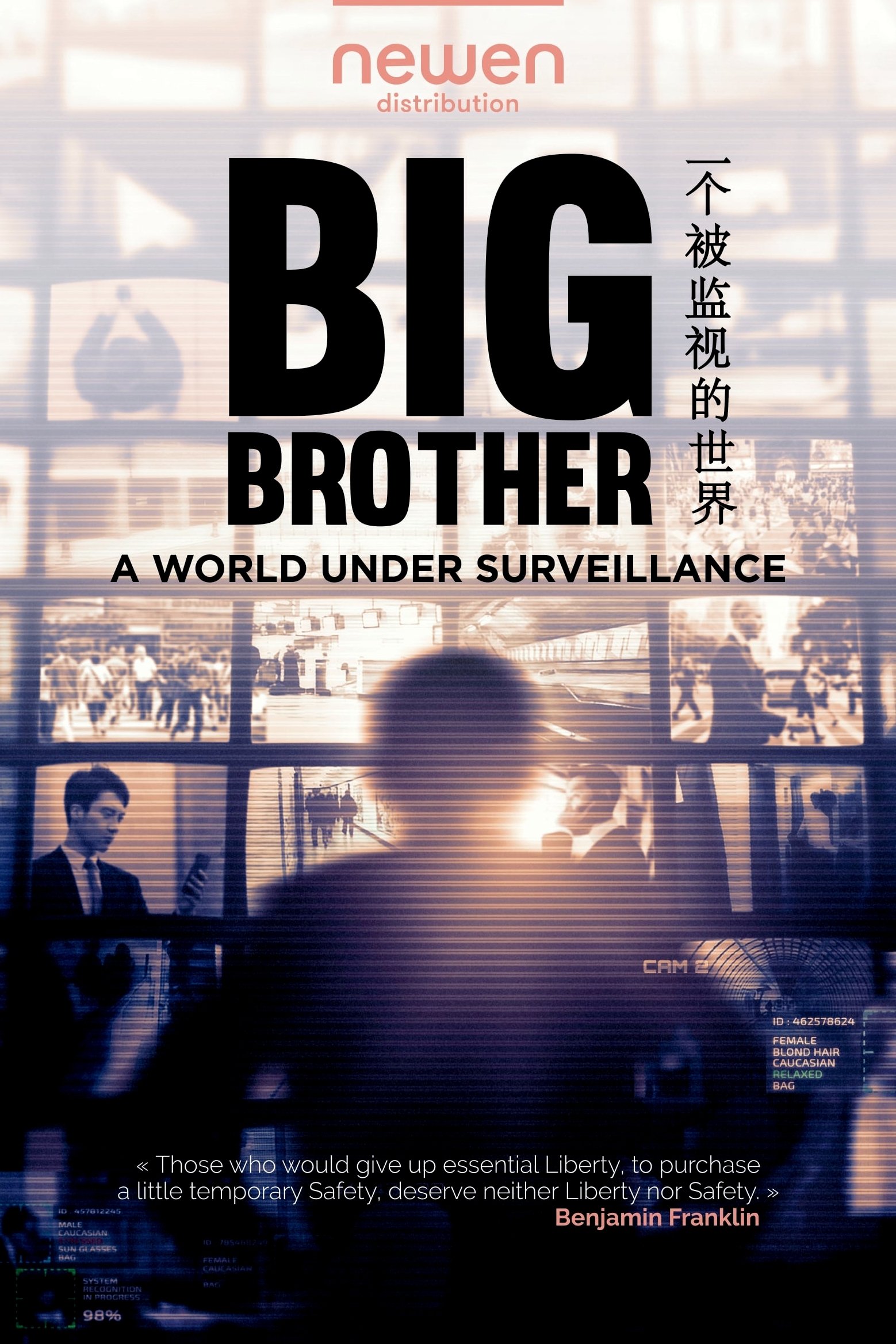
Big Brother: A World Under Surveillance
Released on: 2020-03-11
Documentary
Under the pretext of fighting terrorism or crime, the major powers have embarked on a dangerous race...
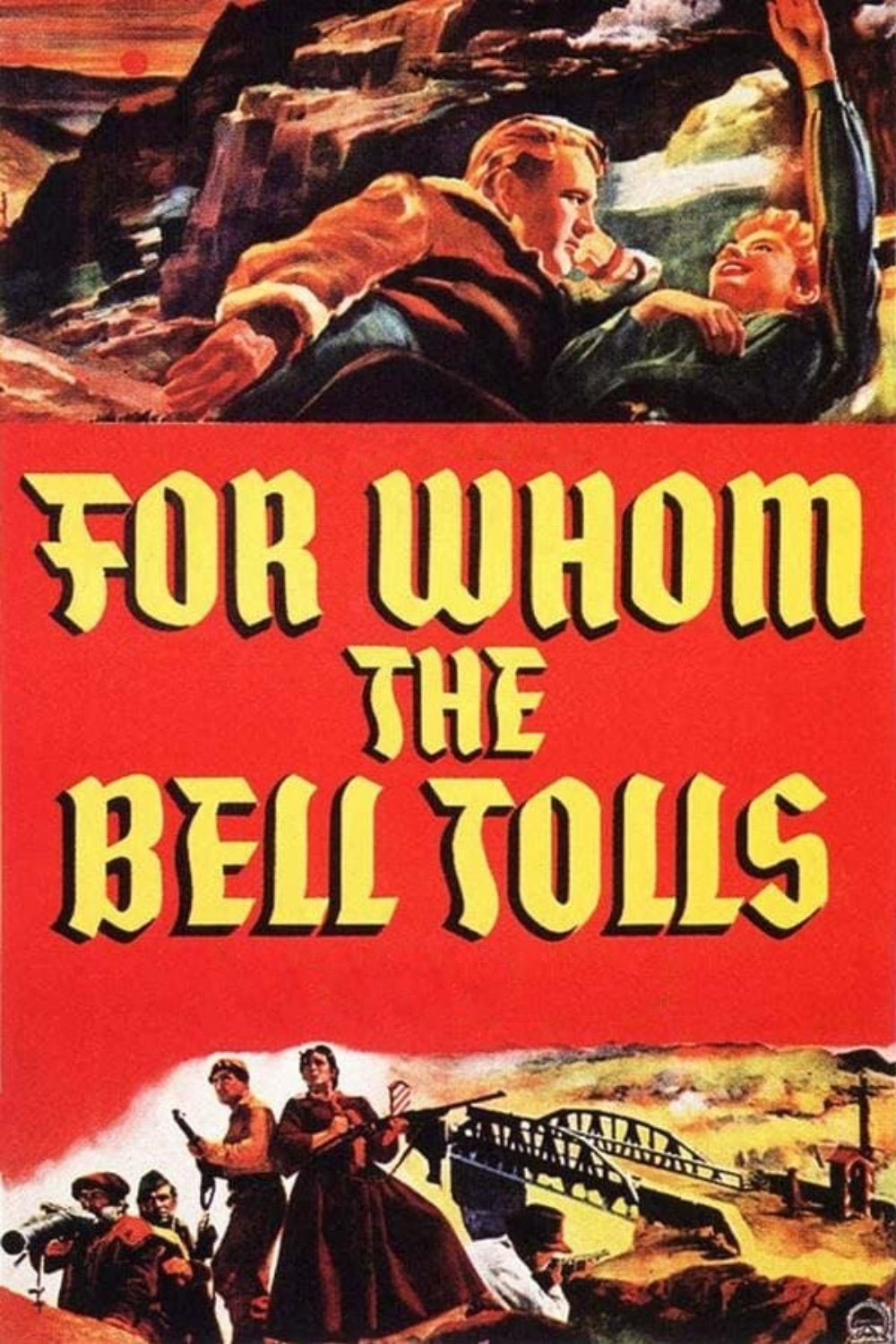
For Whom the Bell Tolls
Released on: 1943-07-12
War, Romance, History, Drama, Adventure
Spain in the 1930s is the place to be for a man of action like Robert Jordan. There is a civil war g...
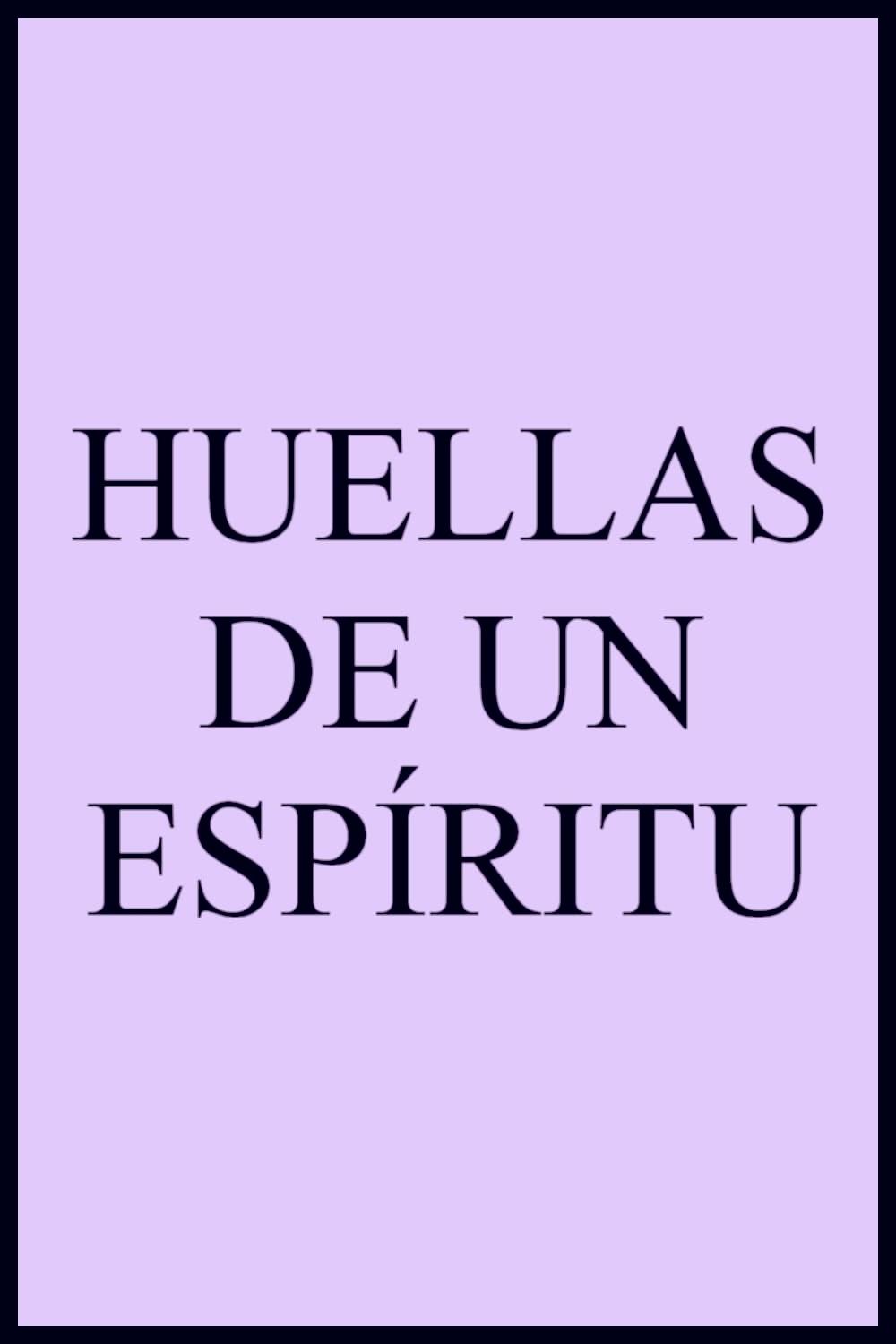
The Footprints of a Spirit
Released on: 1998-10-10
Documentary, TV Movie
The story of the creation of The Spirit of the Beehive, a film directed by Víctor Erice in 1973.
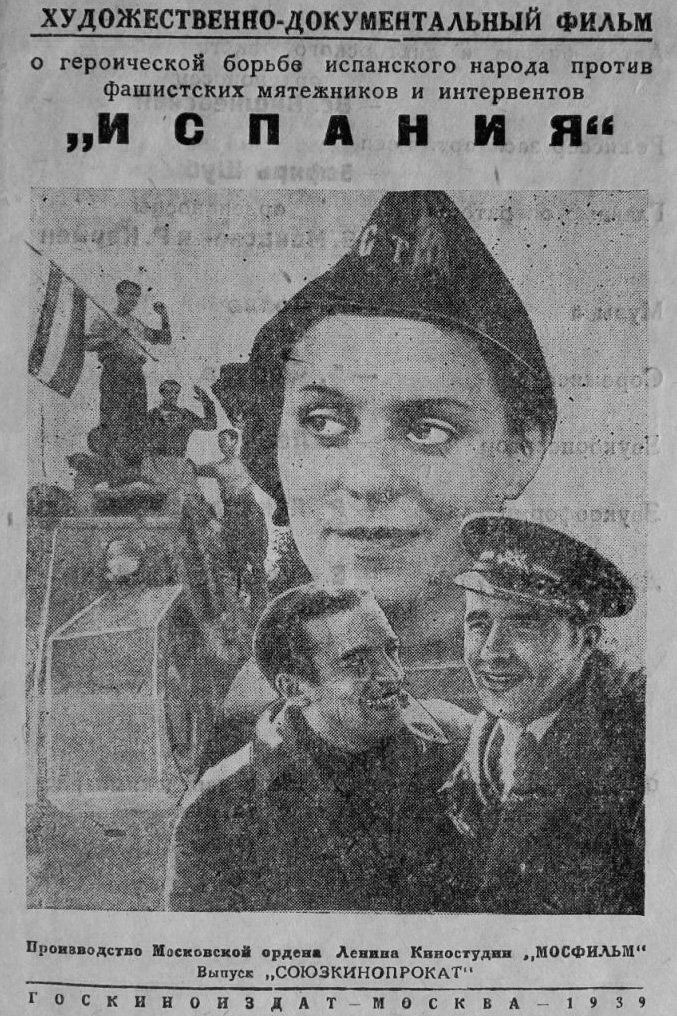
Spain
Released on: 1939-01-02
Documentary
A feature-length documentary based on film reports from the Spanish civil war.
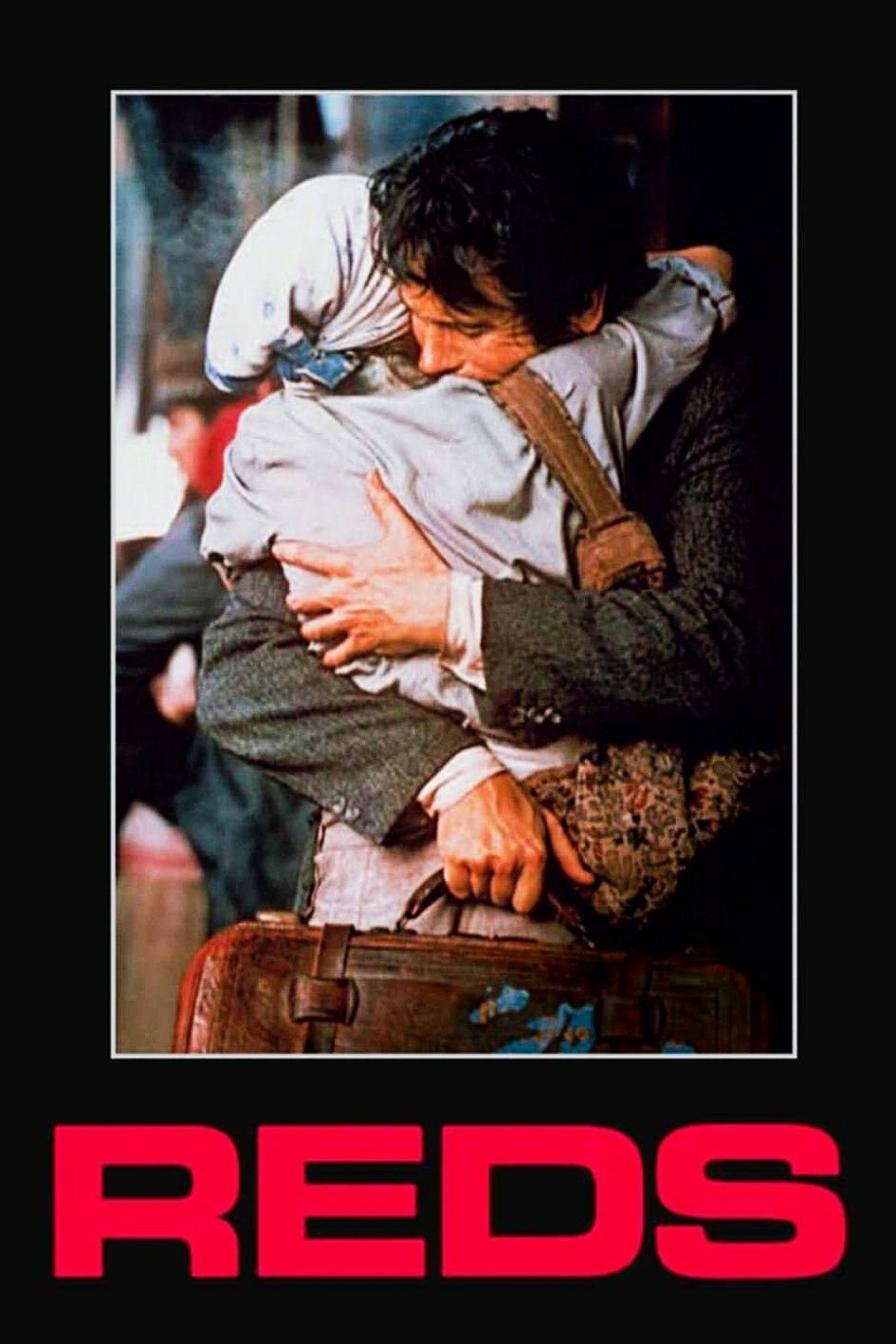
Reds
Released on: 1981-12-25
Drama, History, Romance
An account of the revolutionary years of the legendary American journalist John Reed, who shared his...

Heroic Spain
Released on: 1938-08-02
Documentary
Documentary produced by Falange and edited in Berlin, in response to the international success of th...

Romancero marroquí
Released on: 1939-07-16
Documentary
The young farmer Aalami leaves his family to find work elsewhere. He gets to know the country and it...

Antonio García-Trevijano: Transición e historia política de España en primera persona
Released on: 2021-07-26
Documentary, History
Spanish jurist and republican thinker Antonio García-Trevijano (1927-2018) expounds his political th...
